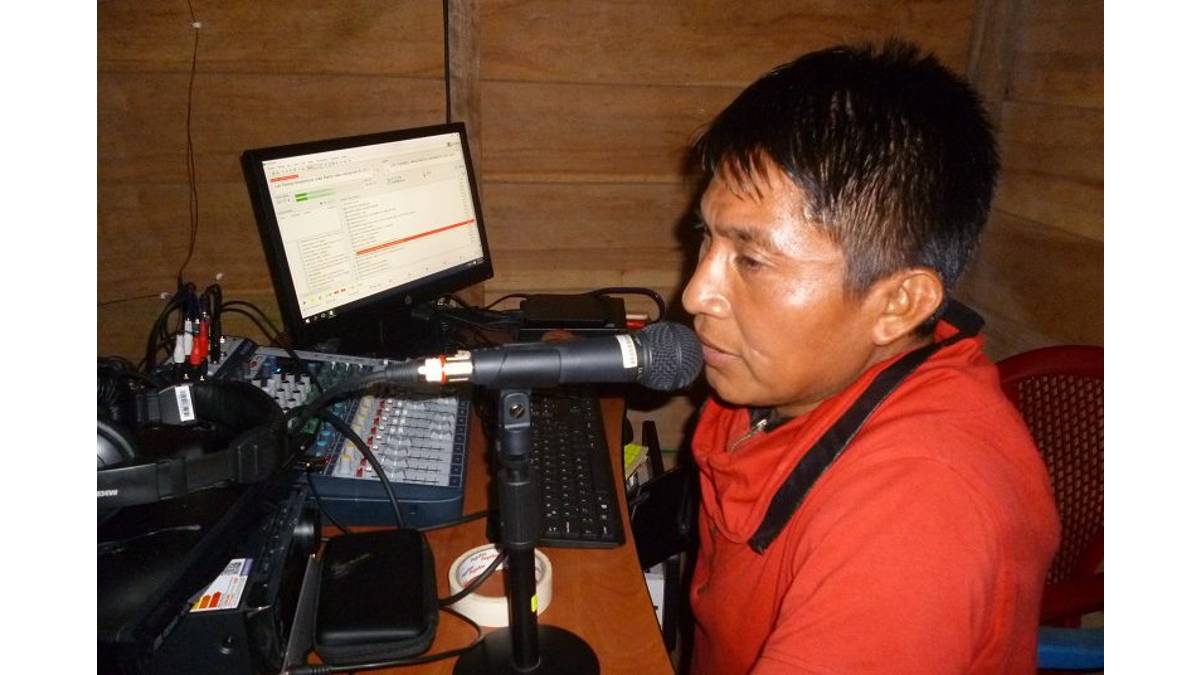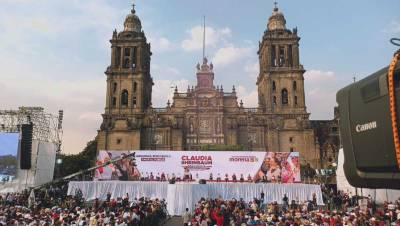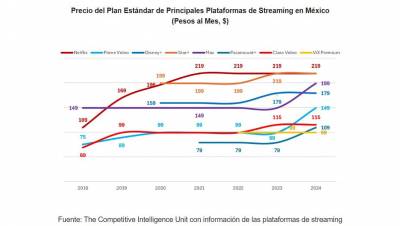Peru. The Advisory Council of Radio and Television, ConcorTV, presented the results of its latest study "Situation of community broadcasting services", in a public event in which the current situation of community radio and television stations at the national level was announced, identifying the characteristics of their communication offer, as well as their main problems and difficulties.
The diagnosis was made by researchers Marisol Castañeda, a social communicator with a master's degree in Social Management from PUCP, and Felipe Palomino, a social communicator with a master's degree in Communication Research from UNMSM, who interviewed 35 community media owners to collect their needs and interests.
The findings of the study have made it possible to identify that the majority of community media share the same difficulties for their proper functioning, such as economic precariousness; the lack of professional preparation and the technological insufficiency, which is why a series of recommendations have been drawn up to strengthen it.
Recommendations for community media
Community media owners need to connect locally and regionally to discuss issues, share resources, seek funding, and collaborate with public institutions. These meetings can be virtual or face-to-face.
Community media should join with different local and regional actors to carry out joint actions for mutual benefit, such as campaigns and trainings. They can collaborate with municipalities, educational institutions, health institutions, and ministries that operate social programs in these areas.
It is essential that community media review and discuss changes in the way they manage finances. This involves looking for different forms of financing and adapting your business model to differentiate yourself in the market. It is essential to improve the quality and variety of its programming to stand out from the competition, considering the large number of existing media outlets nationwide.
Recommendations for Public Institutions
The Ministry of Culture should be more involved with community media, as it is naturally more related to their work and purpose. It is crucial to establish relationships and links with their officials, as well as with other civil society and private sector groups interested in promoting local cultures, such as universities and NGOs.
In interviews with community media managers, their interest in dealing with issues such as education, health, the environment and social problems related to the family, women, children and young people has been noted. However, they often lack specialized staff or local professionals to help them. Therefore, it would be useful to organize conversations with public institutions in these areas to find ways to collaborate and carry out actions together.
Download the full report by clicking here.


























Leave your comment